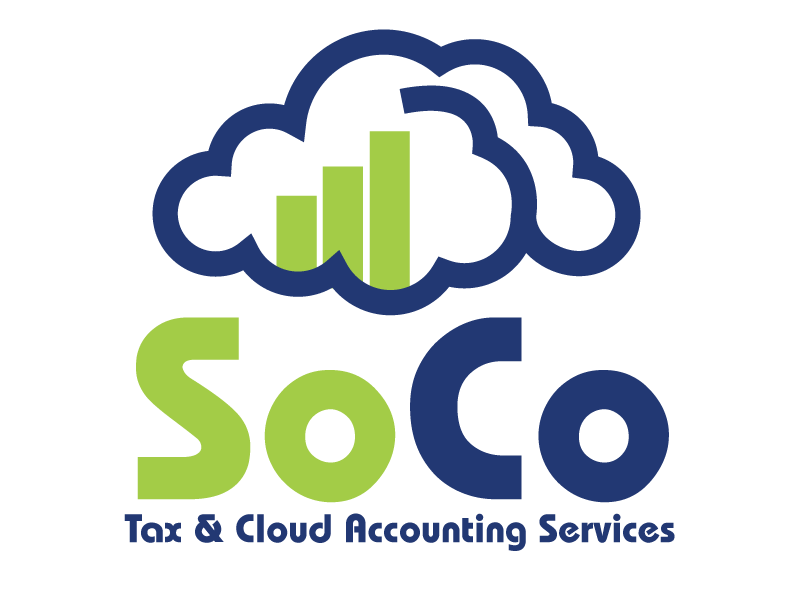PAYROLL TAXES
Payroll taxes are imposed on employers or employees, and are usually calculated as a percentage of the salaries that employers pay their staff.
These taxes fall into two categories:
Deductions from an employee’s wages (often covering advance payment of income tax, social security contributions, unemployment, and disability)
Taxes paid by the employer, based on the employee’s wages (funding of the social security system, medicare, and other insurance programs)
Tax delinquency is a huge problem in the eyes of the IRS and considered a federal crime! Remember, your employees’ withholdings (social security taxes and medicare tax) are due in large part to payroll taxes. You must pay your company’s payroll taxes properly, accurately, and in a timely manner.
Penalties multiply, so beware. These may arise from failure to pay on time or properly file monthly or quarterly returns. Another culprit of receiving a penalty is from failure to file W-2s. It is critical that federal income tax withholdings and social security taxes are paid to the IRS.
We will ensure you stay in compliance and file your payroll taxes with precision and patience. Contact us now for help.
1099S
What on earth is a 1099?
If you’ve always worked a normal job and received a W-2 from your employer, you may not be all that familiar with these forms. These are essentially a different kind of information return than a W-2, but no less important.
A 1099 must be filed for all:
Independent contractors
Interest and dividends
Government payments
Debt cancellations
Withdrawals from a retirement account
How it works is this:
The 1099 form is a series of documents the IRS refers to as information returns.
An information return is a form that is filed not by the taxpayer, but by the person that paid the taxpayer for a service.
This information return tells the IRS that the taxpayer received money, and lets the IRS know that the taxpayer should be including this on their personal tax return.
The person issuing this form will send both a copy to the IRS and a copy to the taxpayer, so the income can be reported properly.
Since the 1099 form that you receive is also reported to the IRS, the government knows about your income even if you forget to include it on your tax return. Once the IRS realizes you forgot, it will notify you and charge you penalties and interest starting on the first day your tax payment is late.
Lastly, you can expect the IRS to impose a late payment penalty of 0.5 percent per month that late taxes remain unpaid. This penalty is capped at 25 percent.
Don’t be late! Contact us now for help.
